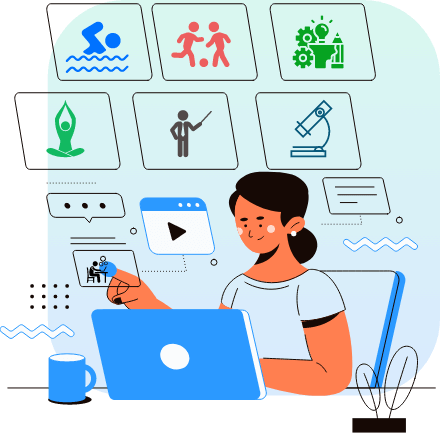

Search in
Ask a Question
Ask a Question
Ask a Question
Ask a Question
Ask a Question
Ask a Question
Ask a Question
Ask a Question
Ask a Question
Ask a Question
Overview
Questions 246
Ask a Question
The best tutors for Artificial Intelligence Classes are on UrbanPro

The best Tutors for Artificial Intelligence Classes are on UrbanPro